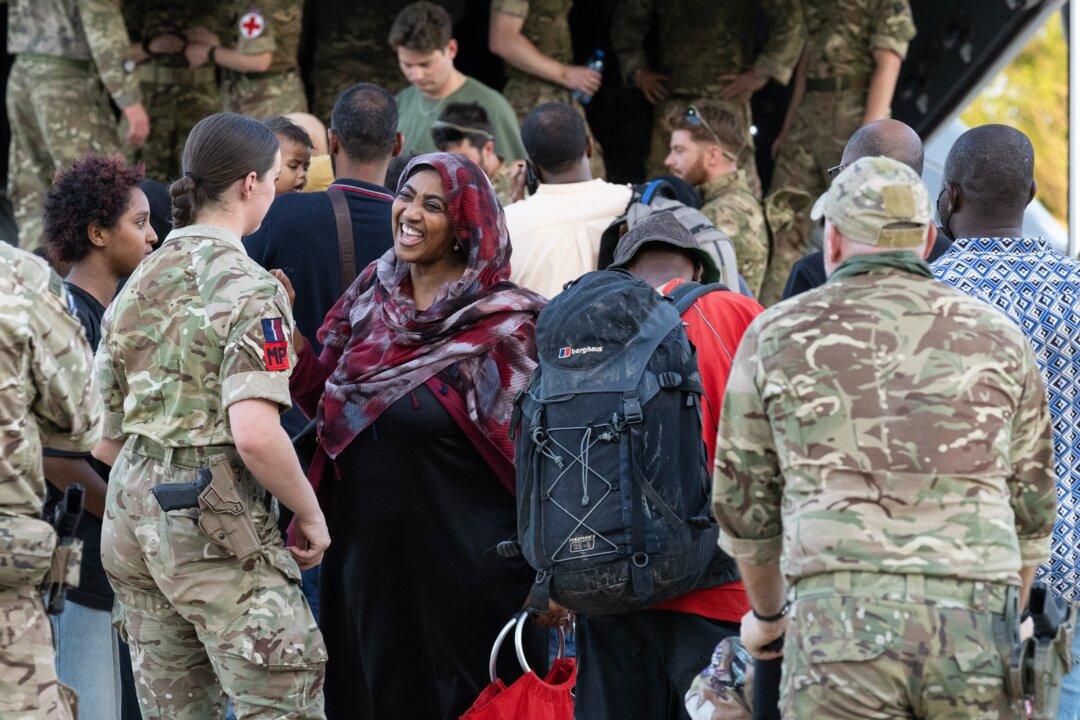The British evacuation mission in Sudan is “not over yet” despite the end of the airlift, Foreign Secretary James Cleverly has said.
The final evacuation flights left Sudan on Monday evening. According to UK government figures, as of Monday at 5:30 p.m., the number of people repatriated from the war-torn African nation by Britain’s armed forces stood at 2,197.





